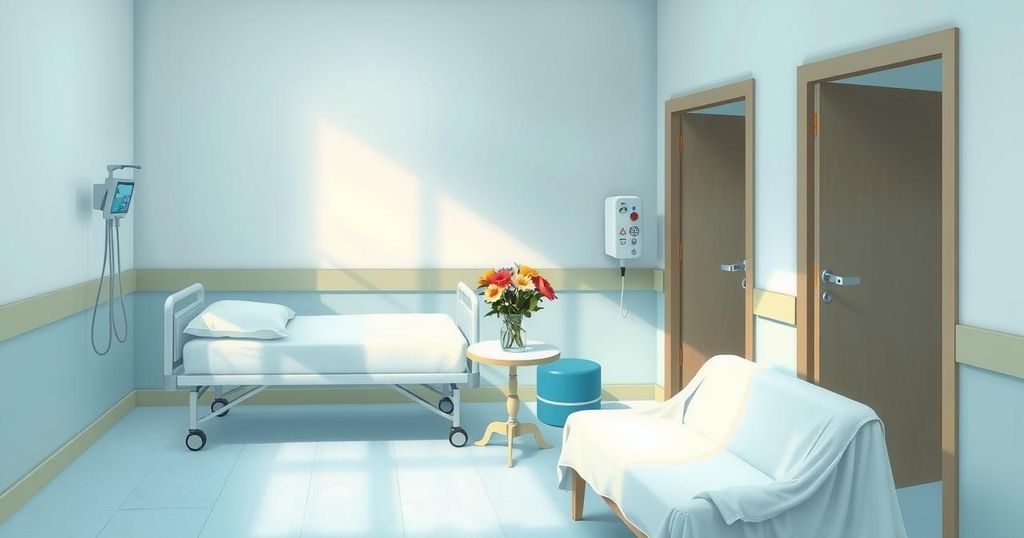Pedro Castillo, the former president of Peru, has been hospitalized after four days of a hunger strike, protesting against his imprisonment due to charges of rebellion. He faces a potential 34-year prison sentence, and multiple former officials are on trial alongside him as political turmoil continues in Peru.
Pedro Castillo, the former president of Peru, has been hospitalized due to health complications on the fourth day of his hunger strike, as reported by the trial judge. He is undergoing trial for rebellion after attempting to dissolve Congress to evade impeachment related to corruption allegations, currently imprisoned since December 2022.
Castillo initiated a hunger strike on Monday, labeling it a “peaceful protest” against what he describes as his “unjust, arbitrary” detention. Following his illness, medical personnel have confirmed that he is in stable condition and is not in immediate danger, according to Judge Norma Carbajal, who presided over the courtroom proceedings.
Initially taking office in July 2021, Castillo faced significant political resistance and soon found himself under investigation for various graft allegations, which he contended were politically motivated. His presidency saw two unsuccessful impeachment attempts before he tried to dissolve Congress, an action that led to his arrest.
As he attempted to seek refuge in the Mexican Embassy in Lima, Castillo was apprehended along with his family. Prosecutors are seeking a 34-year prison sentence for Castillo on charges of rebellion and abuse of power. Additionally, he is not alone in his legal battles; several former ministers and police officials are also currently on trial alongside him, marking a significant moment in Peru’s political landscape.
Pedro Castillo’s hospitalization and ongoing hunger strike illustrate the complexities of his legal situation as he confronts serious charges following his controversial presidency. His claims of political persecution underscore the tumultuous political environment in Peru, where instability has become a notable pattern. The case raises important questions regarding governance, corruption, and the limits of presidential power in the country.
Original Source: www.lebanondemocrat.com




